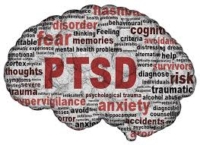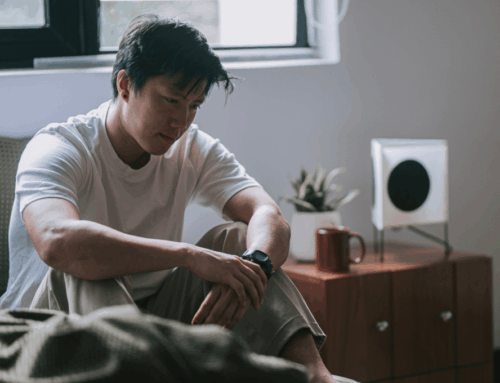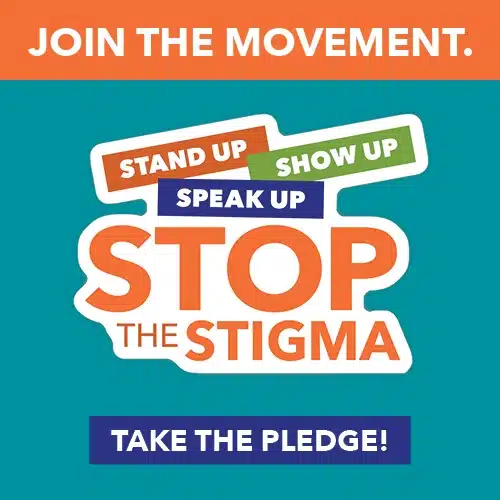June is PTSD Awareness Month and although it is drawing to a close, being aware of trauma is not a one-month activity.
Post-Traumatic Stress Disorder, commonly called PTSD, has in the past twenty years or so become quite familiar in the public mind. It is most often associated with veterans and their wartime service, but they are not alone in experiencing PTSD. PTSD can affect anyone who has had significant traumatic experience such as serious accident, natural disaster, sudden death of a loved one, violent personal assault, rape, or life-threatening situation. Compounding the situation may be addiction or other coping mechanisms or other underlying conditions that also require treatment.
Consider these facts:
- Annually, PTSD will directly affect nearly 8 million adult Americans (although it can develop in any person at any age.)
- One estimate states the nearly 90% of American adults will experience at least one traumatic episode in their lives and that 20% will develop PTSD.
- One in ten women live with PTSD.
- According to medical statistics, the number of women with PTSD is double that for men.
- As much as 50% of all outpatient mental health patients have PTSD.
- Those with PTSD have among the highest rates of healthcare service use, often because of the complexity of the condition and the potential for misdiagnosis.
- Sadly, half of the Americans with PTSD never seek treatment.
- Nearly 30% of people diagnosed with PTSD have attempted suicide.
- 18 combat veterans commit suicide every day due to PTSD.
As a Trauma Informed Care agency, Oaks employees are instructed about the different types of trauma people experience and how we can best respond to help them in their recovery, tailoring the treatment plan to individuals and their specific needs. Our first goal, however, is to provide an environment that is physically and emotionally safe for those seeking help. From this place, trust and openness can begin to take hold and shape a route to recovery and wellbeing. It is not an easy path and it takes time, but the road to better health and a more fulfilling life is possible.










